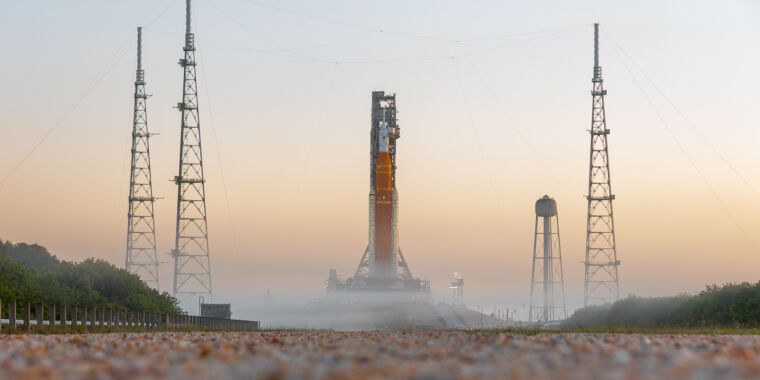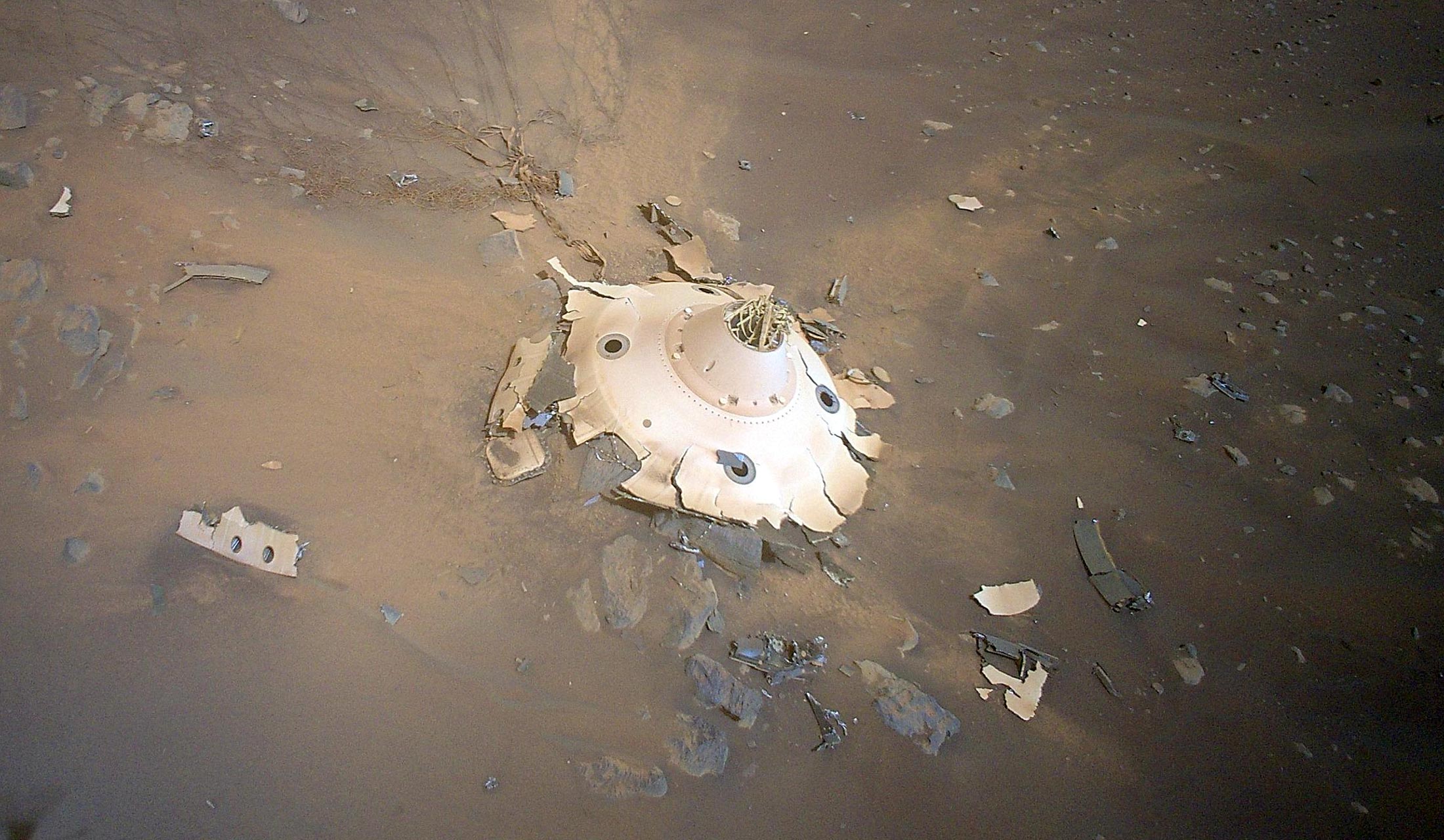Die überraschende Beziehung zwischen den Bahnmustern der Erde und einem Paläo-Erwärmungsereignis

Ein internationales Team von Wissenschaftlern hat herausgefunden, dass Änderungen in der Erdumlaufbahn, die heißere Bedingungen begünstigten, vor 56 Millionen Jahren dazu beigetragen haben könnten, die schnelle globale Erwärmung auszulösen, die als Paläozän-Eozän-Thermalmaximum (PETM) bekannt ist.
Ein internationales Team von Wissenschaftlern hat vorgeschlagen, dass Änderungen in der Erdumlaufbahn, die zu einer Erwärmung führten, möglicherweise eine Rolle bei der Auslösung der schnellen globalen Erwärmung gespielt haben, die vor 56 Millionen Jahren stattfand. Dieses als Paläozän-Eozän-Thermisches Maximum (PETM) bekannte Ereignis ist ein Analogon zum heutigen Klimawandel.
sagte Lee Kump, Professor für Geowissenschaften an Penn State University. „Es gab ein großes Interesse daran, eine bessere Auflösung dieser Geschichte zu finden, und unsere Arbeit befasst sich mit wichtigen Fragen zur Ursache des Ereignisses und zur Rate der Kohlenstoffemissionen.“
Das Wissenschaftlerteam untersuchte Kernproben aus einer gut erhaltenen Aufzeichnung des PETM in der Nähe der Küste von Maryland mithilfe der Tulipologie, einer Methode zur Datierung von Sedimentschichten auf der Grundlage von Orbitalmustern, die über lange Zeiträume auftreten, bekannt als Milankovitch-Zyklen.

Victoria Fortes (rechts), damals Doktorandin an der Penn State University, und Jean Self Trail, eine USGS-Forschungsgeologin, arbeiten an einer Kernprobe vom Standort Howards Tract in Maryland. Bildnachweis: Pennsylvanien
Sie fanden heraus, dass die Form der Erdumlaufbahn oder Exzentrizität und das Wackeln in ihrer Rotation oder Größe wärmere Bedingungen zu Beginn der Betem-Periode begünstigten und dass diese Umlaufbahnkonfigurationen zusammen eine Rolle bei der Auslösung des Ereignisses gespielt haben könnten.
„Der tropische Auslöser hat möglicherweise die Freisetzung von Kohlenstoff ausgelöst, die während der PETM-Periode eine Erwärmung um mehrere Grade verursacht hat, und nicht die derzeit populärere Erklärung, dass Supervulkane Kohlenstoff freigesetzt und das Ereignis ausgelöst haben“, sagte Coombe, John Lyon, Dekan der School of Geosciences … und Mineralien.
Die Ergebnisse in der Zeitschrift veröffentlicht
“Those rates are close to an order of magnitude slower than the rate of carbon emissions today, so that is cause for some concern,” Kump said. “We are now emitting carbon at a rate that’s 5 to 10 times higher than our estimates of emissions during this geological event that left an indelible imprint on the planet 56 million years ago.”
The scientists conducted a time series analysis of calcium content and magnetic susceptibility found in the cores, which are proxies for changes in orbital cycles, and used that information to estimate the pacing of the PETM.
Earth’s orbit varies in predictable, calculable ways due to gravitational interactions with the sun and other planets in the solar system. These changes impact how much sunlight reaches Earth and its geographic distribution and therefore influence the climate.
“The reason there’s an expression in the geologic record of these orbital changes is because they affect climate,” Kump said. “And that affects how productive marine and terrestrial organisms are, how much rainfall there is, how much erosion there is on the continents, and therefore how much sediment is carried into the ocean environment.”
Erosion from the paleo Potomac and Susquehanna rivers, which at the onset of the PETM may have rivaled the discharge of the Amazon River, carried sediments to the ocean where they were deposited on the continental shelf. This formation, called the Marlboro Clay, is now inland and offers one of the best-preserved examples of the PETM.
“We can develop histories by coring down through the layers of sediment and extracting specific cycles that are creating this story, just like you could extract each note from a song,” Kump said. “Of course, some of the records are distorted and there are gaps — but we can use the same types of statistical methods that are used in apps that can determine what song you are trying to sing. You can sing a song and if you forget half the words and skip a chorus, it will still be able to determine the song, and we can use that same approach to reconstruct these records.”
Reference: “Astrochronology of the Paleocene-Eocene Thermal Maximum on the Atlantic Coastal Plain” by Mingsong Li, Timothy J. Bralower, Lee R. Kump, Jean M. Self-Trail, James C. Zachos, William D. Rush and Marci M. Robinson, 24 September 2022, Nature Communications.
DOI: 10.1038/s41467-022-33390-x
The study was funded by the National Key R&D Program of China and the Heising-Simons Foundation.

„Musikfan. Sehr bescheidener Entdecker. Analytiker. Reisefreak. Extremer Fernsehlehrer. Gamer.“





